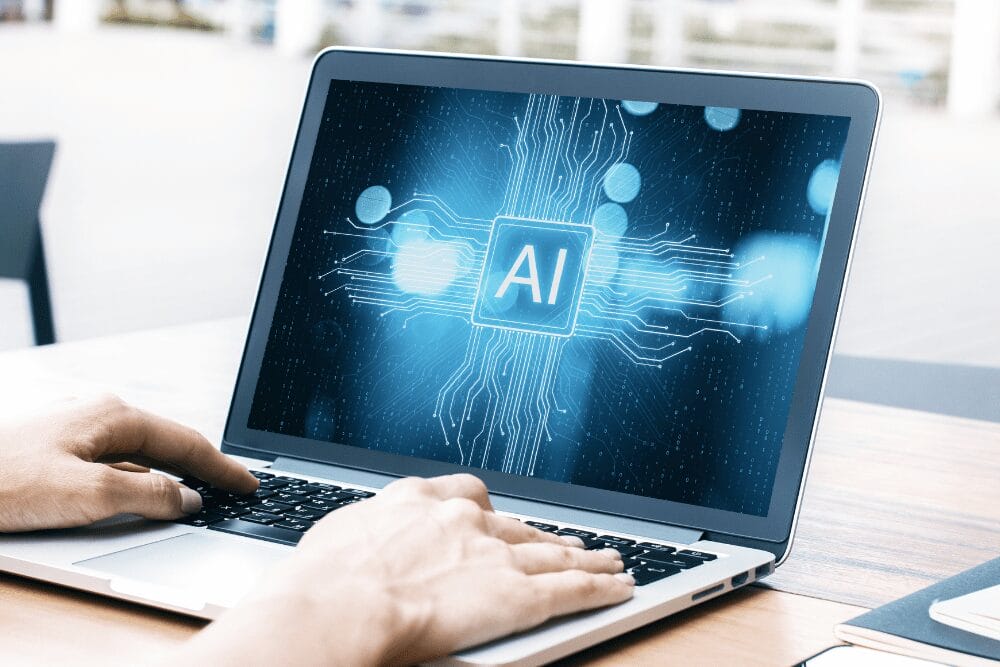Adopting artificial intelligence (AI) in healthcare is broad and far-reaching, capable of saving millions of lives. Studies suggest that the global data annotation market will reach a CAGR of 26.6% by 2030, and the healthcare sector is a major driver of these numbers. The convergence of AI and medical data annotation presents an opportunity to analyze vast amounts of medical data and helps data scientists in helping build reliable models.
At a fundamental level, labeling medical records plays an essential role that turns unstructured healthcare data into meaningful information. Therefore, the healthcare sector is partnering with medical data annotation experts to enhance its machine learning and deep learning capabilities.
Role of Data Annotation in Healthcare AI
Data annotation providers can level up AI-enabled healthcare systems. Their services have directly impacted the development of medical AI models, like fine-tuning existing diagnostic models, access to subject-matter experts who understand medical terminology, and data protection laws to safeguard patients’ identities.
Challenges to Implementing Medical Data Annotation
The following significant obstacles to medical data annotation indicate how crucial it is to select the appropriate partner:
- Data Complexity: Accurate annotation of healthcare datasets necessitates extensive subject knowledge. AI performance might suffer greatly from even little mistakes.
- Privacy Requirements: Strict adherence to laws like HIPAA, CCPA, and GDPR is paramount while handling sensitive medical records.
- Preventing Bias: Developing AI systems without bias means utilizing all types of patient groups, i.e., diverse and representative datasets.
The road to healthcare AI is not easy because of the status quo in the industry and requires collaborative efforts from different stakeholders. A medical data annotation provider is one example of such a collaboration. In the following section, let’s examine the advantages of working with them.
The Benefit of Expertise
More than just technological tools are needed to overcome the aforementioned obstacles, i.e., a partner who combines medical knowledge with superior annotating skills is essential. Here’s why:
1. Cutting-edge Annotation Methods
- Utilizing methods like object detection, keypoint annotation, and 3D labeling.
- Support for multimodal data: images, videos, text, and sensor outputs.
2. Strict Quality Control
- Offers multiple review processes with continuous training for annotators and the use of automated QA tools.
- Also, consistency, accuracy, and regulatory compliance should be maintained in training data.
3. Complete Security
- End-to-end data protection with encryption and adherence to regulations such as HIPAA, GDPR, and other regional standards.
- Anonymization and secure environments to protect patient confidentiality.
Numerous Forms of Healthcare Data and Annotation Approach
There are varied forms of healthcare data, from electronic health records, PHI, surgical videos, radiologist reports, etc., each requiring domain experts or specialist subject masters and different sets of annotation approaches.
Here are some of the areas data annotation helps with:
Medical Image Annotation
Healthcare data comes from different sources, such as medical imaging devices, diagnosis documents, visual observations, and patient data applications. Not only does this unstructured data need labeling, but it also needs supervision from experts like radiologists of X-rays, MRIs, and CT scans that will fuel the training of diagnostic AI systems. Precise annotations of tumors, fractures, or abnormalities are crucial for accurate AI diagnosis.
Entity Recognition
Any kind of drug discovery considers vast amounts of data from sources like clinical trials, patents, research articles, and patient information. It also consists of genes, symptoms, diseases, proteins, tissues, species, and potential medications that may produce billions of known and inferred correlations. Here, natural language processing is used as data annotation to identify entities and properties and comprehend the connections between variables.
Clinical Text Processing
Much of the clinical notes are unstructured and difficult to analyze manually. Annotating electronic health records, medical notes, and research papers helps AI extract meaningful insights from unstructured medical data. Adding metadata to genetic variants and mutations allows models to predict treatment risks and responses by extracting annotated medical information. Labeling patient outcomes, adverse reactions, and treatment responses creates datasets for predicting drug efficacy and safety.
Labeling for Robotic Surgery
Robotic-assisted surgery requires large volumes of surgical video data to be annotated. To make this happen, specialized annotation teams work closely with surgical experts to enable object detection of vital anatomical structures, surgical instruments, tissue planes, and procedural phases. Semantic segmentation is used to ensure pixel-perfect annotations so that machine learning models can understand surgical context, assist with decision-making in real-time, and improve overall patient outcomes.
Medical Transcription Services
Data annotation companies also provide medical transcription services to convert both text and audio files, such as handwritten notes, medical records, and dictation, into structured digital form. Thus, digitization of essential patient information is necessary to make it more secure, searchable, and stored in Electronic Health Records (EHRs). Transcription enhances physician workflow efficiency and supports reliable diagnosis, treatment planning, and continuity of care.
Following Compliance
One of the biggest perks of outsourcing the training data for developing a medical AI model is that it ensures compliance while annotating medical data. This means adhering strictly to global regulations and data protection laws like HIPAA (Health Insurance Portability and Accountability Act), CCPA (California Consumer Privacy Act), and GDPR (General Data Protection Regulation).
Effective annotation of healthcare data means meeting the project guidelines and annotating accordingly between valuable insights and irrelevant information. Merely annotating medical images and transcribing patient records is not enough. It should also ensure confidentiality, integrity, and traceability throughout the process of handling patient-sensitive data.
Take the Next Step in Healthcare AI Excellence
The quality and assurance of medical data annotation services are becoming pivotal in creating successful AI models that will transform the healthcare industry. They help medical practitioners facilitate drug discovery and early-stage disease detection, but are only effective when they have correct and accurate training data. Because of this, expert-led data annotation services are now not merely a supporting role but rather a fundamental necessity.
A reliable AI model can make a real difference in patient care. Partner up to ensure your AI models are built on a foundation of accurately annotated training data.

Rohan Agarwal
Rohan Agarwal is an entrepreneur, innovator and investor. He is currently the founder and CEO of Cogito Tech. The company has been a leader in the AI Industry, offering human-in-the-loop solutions comprising Computer Vision and Generative AI.







